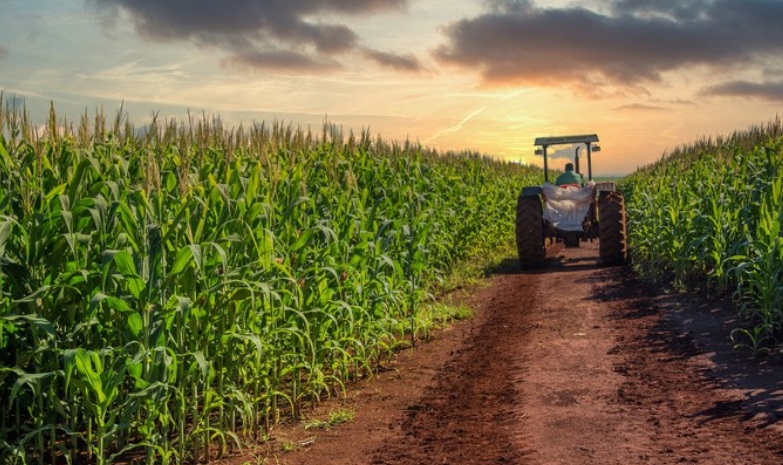Unlike the conventional real estate sector, the agricultural land market in Brazil remains fragmented.
Seeing potential, various entities, including specialized firms and real estate funds, are increasing their operations and investments.
A prime example is BrasilAgro, one of the few agribusiness companies listed on B3. They now possess 320,000 hectares of land, strategically optimizing cost and productivity.
For the 2022/2023 season, the company intends to channel R$85 (US$17) million into technology, infrastructure, and area transformation, exclusive of property acquisition costs.

“Only 9% of Brazil’s territory is currently utilized for agriculture, presenting numerous opportunities,” says André Guillaumon, BrasilAgro’s CEO.
Founded in 2006 by Cresud, an Argentine real estate holding firm, and Elie Horn, the founder of Cyrela, BrasilAgro emerged from an investment hypothesis.
Today, Cresud owns 34.4% of the company, Horn has 5.8%, and Charles River Capital holds 8.39%.
Before its Initial Public Offering (IPO) in 2006, BrasilAgro was an idea without assets.
The plan was to purchase agricultural lands, manage them intensively, and sell them for profit.
Guillaumon noted, “We began with BRL 500 million and now possess properties worth over R$3 billion (US$600 million).”
Since its inception, BrasilAgro has acquired land equivalent to 320,000 soccer fields. While its shares have increased by 105% since going public, there was a 21% drop in 2023.
Brazil’s agribusiness landscape has evolved over the years.
“Fifteen years ago, Brazil produced just over 100 million tons of grains. Today, we aim to surpass 300 million tons. Considering the global demand for commodities, Brazil’s potential is vast,” Guillaumon mentioned.
Guillaumon believes that the agricultural real estate market in Brazil is highly decentralized. BrasilAgro’s rationale is to find lands with potential for expansion and consistent rainfall.
Over the years, they’ve accumulated an extensive database, and their team focuses on identifying various asset characteristics.
BrasilAgro also focuses on grain production on its farms.
They intend to develop assets for future sales, typically maturing between 5 to 8 years. Half of their revenue comes from agriculture, with the rest from real estate.
In Guillaumon’s view, BrasilAgro’s business model, which involves outright purchases and sales in soybean sacks, sets it apart.
He envisions the company maintaining its leadership in agrarian real estate.

